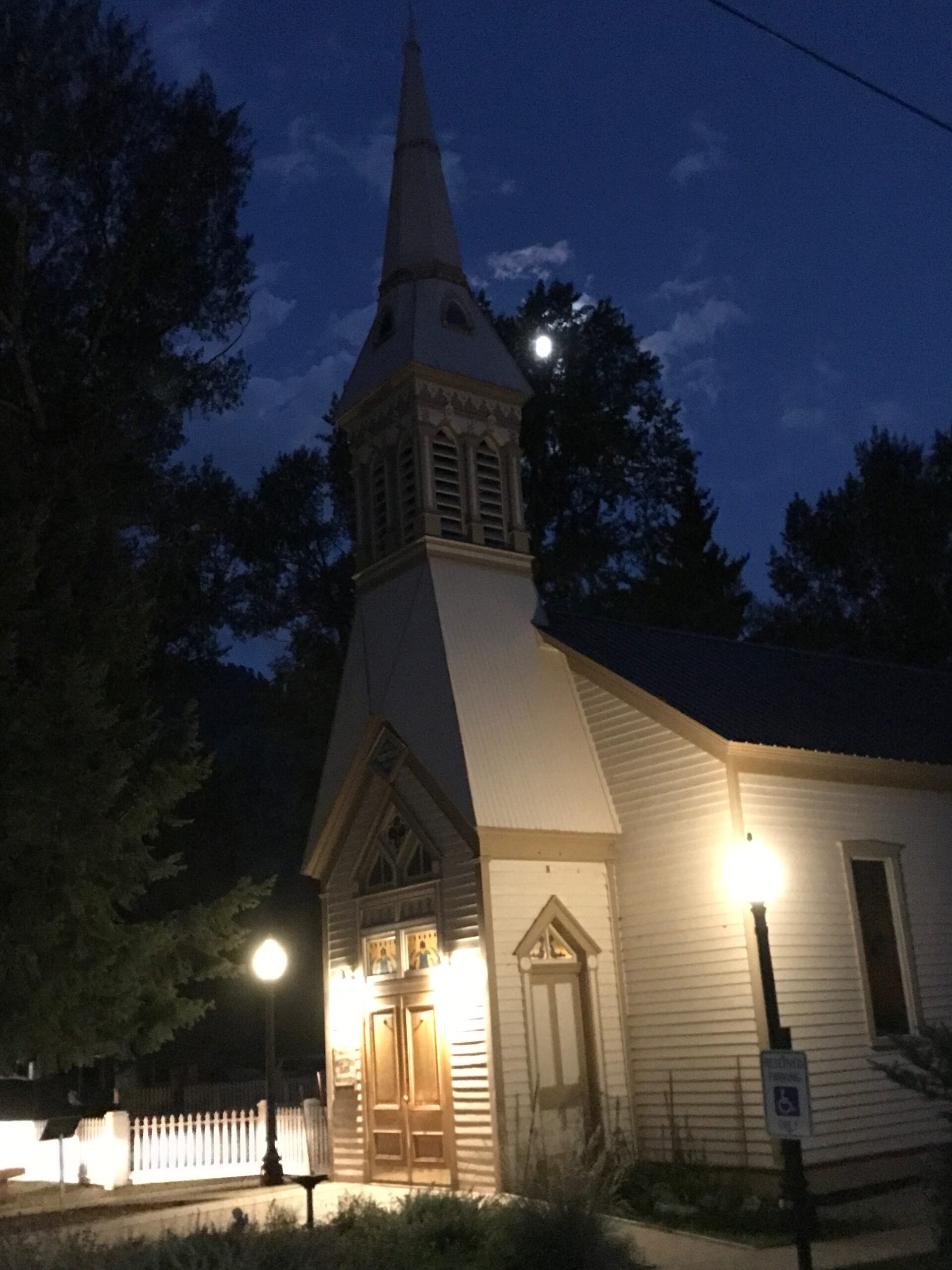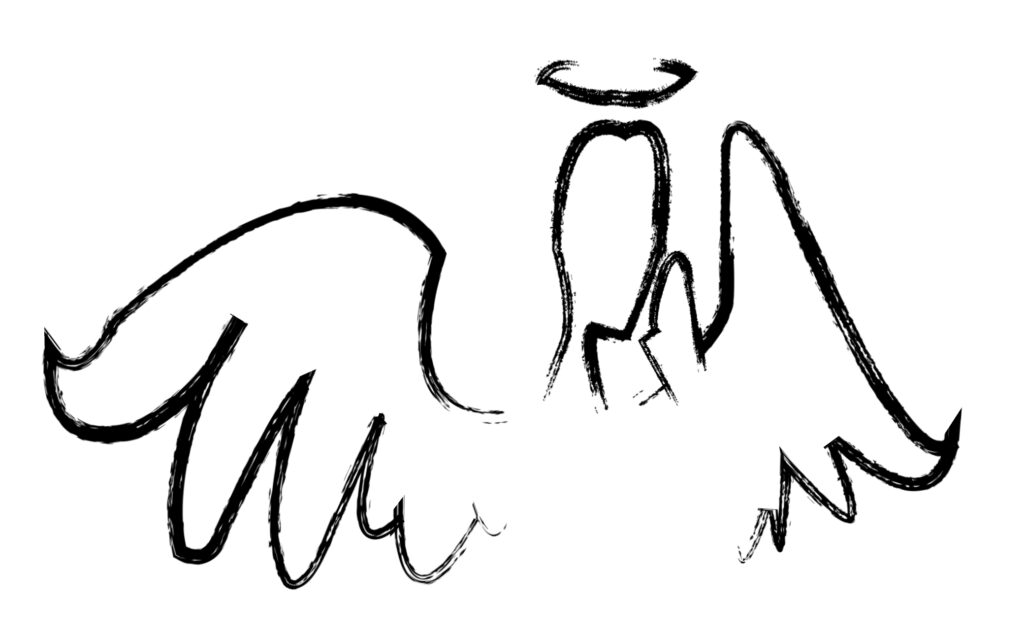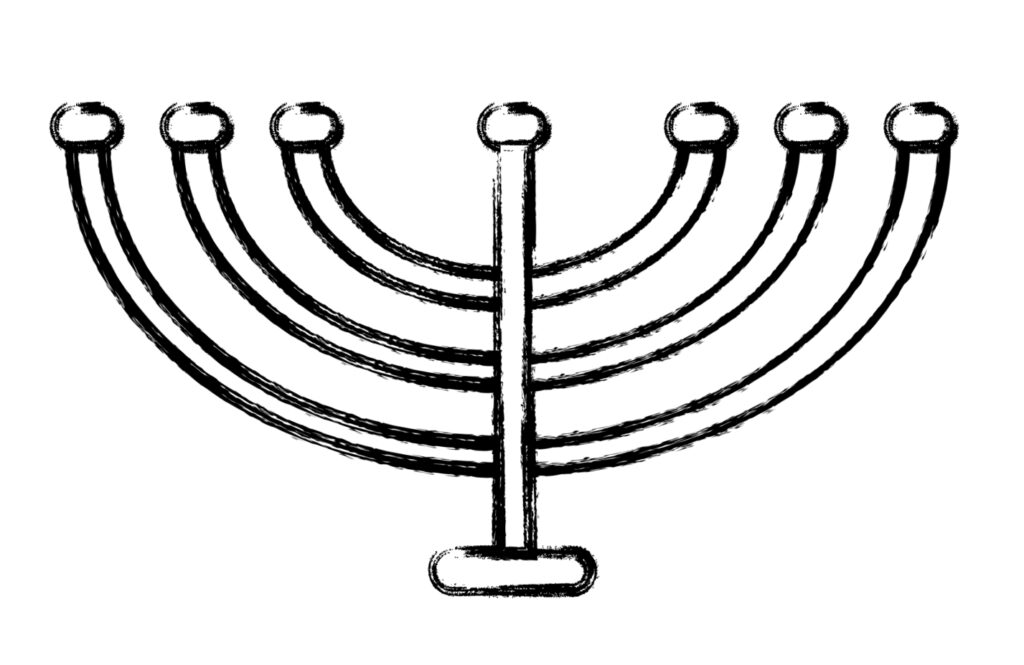Matthew 1
An account of the genealogy of Jesus the Messiah, the son of David, the son of Abraham. Abraham was the father of Isaac, and Isaac the father of Jacob, and Jacob the father of Judah and his brothers, and Judah the father of Perez and Zerah by Tamar, and Perez the father of Hezron, and Hezron the father of Aram, and Aram the father of Aminadab, and Aminadab the father of Nahshon, and Nahshon the father of Salmon, and Salmon the father of Boaz by Rahab, and Boaz the father of Obed by Ruth, and Obed the father of Jesse, and Jesse the father of King David.
And David was the father of Solomon by the wife of Uriah, and Solomon the father of Rehoboam, and Rehoboam the father of Abijah, and Abijah the father of Asaph, and Asaph the father of Jehoshaphat, and Jehoshaphat the father of Joram, and Joram the father of Uzziah, and Uzziah the father of Jotham, and Jotham the father of Ahaz, and Ahaz the father of Hezekiah, and Hezekiah the father of Manasseh, and Manasseh the father of Amos, and Amos the father of Josiah, and Josiah the father of Jechoniah and his brothers, at the time of the deportation to Babylon.
And after the deportation to Babylon: Jechoniah was the father of Salathiel, and Salathiel the father of Zerubbabel, and Zerubbabel the father of Abiud, and Abiud the father of Eliakim, and Eliakim the father of Azor, and Azor the father of Zadok, and Zadok the father of Achim, and Achim the father of Eliud, and Eliud the father of Eleazar, and Eleazar the father of Matthan, and Matthan the father of Jacob, and Jacob the father of Joseph the husband of Mary, who bore Jesus, who is called the Messiah.
So all the generations from Abraham to David are fourteen generations; and from David to the deportation to Babylon, fourteen generations; and from the deportation to Babylon to the Messiah, fourteen generations.
Now the birth of Jesus the Messiah took place in this way. When his mother Mary had been engaged to Joseph, but before they lived together, she was found to be pregnant from the Holy Spirit. Her husband Joseph, being a righteous man and unwilling to expose her to public disgrace, planned to divorce her quietly. But just when he had resolved to do this, an angel of the Lord appeared to him in a dream and said, “Joseph, son of David, do not be afraid to take Mary as your wife, for the child conceived in her is from the Holy Spirit. She will bear a son, and you are to name him Jesus, for he will save his people from their sins.” All this took place to fulfill what had been spoken by the Lord through the prophet: “Look, the virgin shall become pregnant and give birth to a son, and they shall name him Emmanuel,” which means, “God is with us.” When Joseph awoke from sleep, he did as the angel of the Lord commanded him; he took her as his wife but had no marital relations with her until she had given birth to a son, and he named him Jesus.
Reflection
I’m willing to bet that most people just jump to the beginning of the story in the first chapter of Matthew. They may skim over the names listed in Jesus’ genealogy, just to see if they recognize any of the people. But in less time it takes for a sports car to accelerate to 60mph, they are reading the words “Now the birth of Jesus…” And why wouldn’t they? The names of who begat whom isn’t very exciting, at least not at first glance.
If we take a closer look, however, I think we’ll discover that there is a rich treasure trove of stories and figures found in that genealogy. Some of these stories we’re familiar with, while others, not so much. The lineage begins with Abraham and carries through to Isaac and Jacob. Of Joseph’s brothers, Judah’s tribe would give rise to the earthly King David. His son, the wise King Solomon would build a dwelling place for the Living God. These are stories we’ve read this season, all about great heroes of our faith. But this genealogy also holds some lesser known figures that had an incredible impact on Jesus’ lineage.
Consider the role the prostitute Rahab had on Israel’s history. Not only did she dramatically save the Jewish spies, she ended up mothering Boaz, the righteous man who married Ruth, the Moabite. Two women who were both foreigners to the Israelites, whom God used as part of Christ’s ancestry. They both bear witness to God’s plan for the salvation of all humanity. While not all of those names in Jesus’ linage have stories around them, the list tells the larger story of God’s redemptive plan for Israel. God’s faithfulness is seen in this seemingly boring list of names. Each figure having a small role. If you’re inclined, scroll back up and see for yourself.








